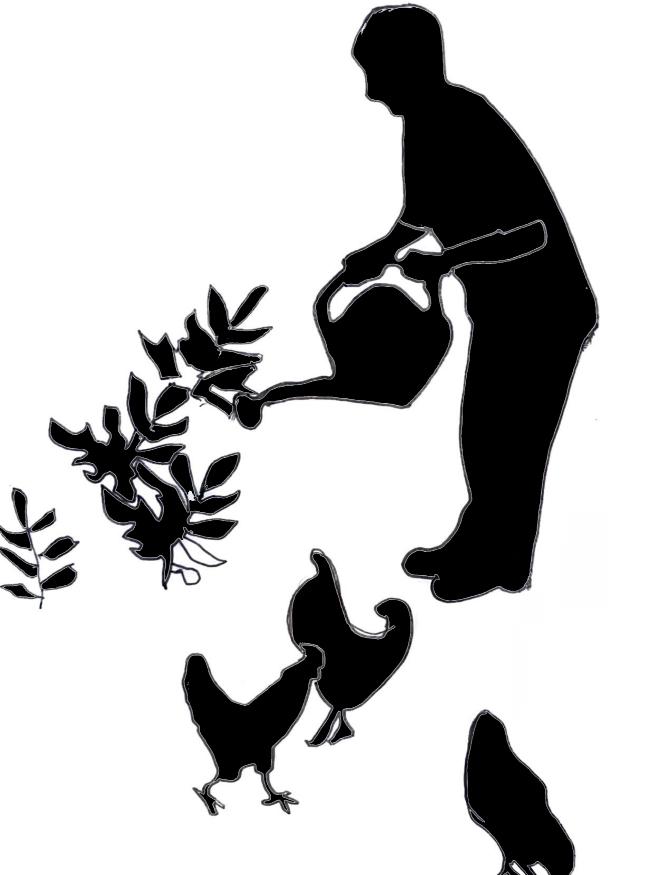
1 minute read
BREAKING NEW GROUND
Urban farming is the practice of growing fresh produce within the city for individual, communal, or commercial purposes. Urban farming often makes use of vacant lots, rooftops, and abandoned or repurposed indoor spaces to grow crops, such as fruits and vegetables. Urban agriculture systems in the diepsloot neighbourhood are providing bottom-up solutions to some of the key challenges facing informal settlements. Namely, decreasing food security, increasing unemployment and associated social problems. Food security means that safe and nutritious food is available consistently and reasonably priced
Like many informal settlements, Johannesburg townships are composed of areas of densely packed shacks and more substantial homes adjacent to open land where construction is prohibited due to land ownership issues or physical impediments. The demand for space means increasing numbers of people are building shacks within the flood plain, with the inevitable consequence of regular flooding of their homes. Diepsloot has negotiated access to numerous neglected spaces for township residents to practice urban agriculture, including areas of land where construction is prohibited (often sandy scrubland), land around public buildings, along roads and under power lines. Taken together, these areas of cultivation generate a fertile landscape that raises the quality of the overall environment in aesthetic and ecological terms, while – crucially –helping to also realize the productive potential of participant
Advertisement







